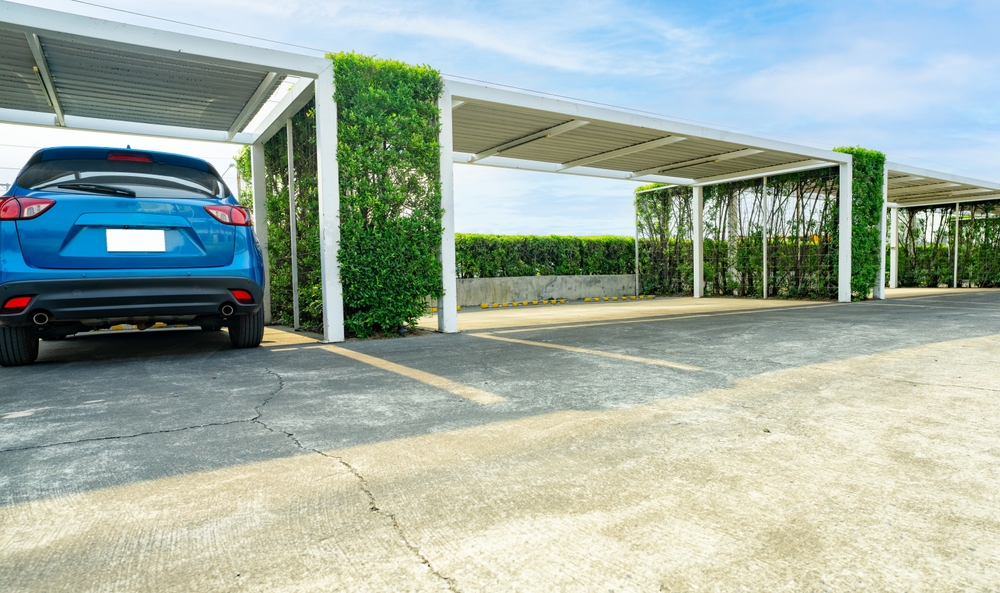Scrapping minimum carparking requirements for Brisbane strata developments may well achieve forecasted savings of $100,000 per apartment build. But the move opens up fresh risk factors that could levy a much higher cost – human lives.

That’s the view of Strata Community Association Queensland (SCAQ) general manager Laura Bos.
Brisbane Lord Mayor Adrian Schrinner announced plans under the Inner-City Affordability Initiative to remove the minimum requirements for carparking in some well-connected, inner-city areas, including parts of Newstead, Milton, Kangaroo Point and Fortitude Valley.
Among the factors credited with influencing the change was the downsizing of many households, creating less demand and need for carparking. But for Ms Bos, that ignores an obvious reality.
“People may not own a car, but they still need to get around,” she said. “And while ready access to
public transport is part of the answer, it’s certainly not the full picture.
“The obvious consequence will be a rise in the ownership of smaller, more easily storable modes of transport, such as e-scooters and e-bikes. And we’re nowhere near close to solving the safety risks
they pose.
“Already this year we’ve seen e-scooter batteries spark multiple residential blazes in Brisbane, and the higher the concentration of people, the higher the risk.
“It would likely only be a matter of time until there was a fatal explosion or fire in a strata complex, given the density of residents. So, we feel there needs to be much more involved consideration of the safety aspect.”
Across the wider community, reaction to the Lord Mayor’s announcement was also swift, with particular doubts it would deliver the expected downward pressure on the price to build and buy a new apartment.
Ms Bos shared their caution.
“We welcome any conversation that looks to evolve with the changing dynamic and demographics of
strata living,” she said. “But even putting aside electric vehicle safety, we feel that car space requirements should not be viewed in isolation.
“For starters, we don’t feel the forecasted $100,000 saving per apartment build would end up in buyers’ wallets, as it is likely to be absorbed in other development costs.
“Further to this, consideration of parking needs to be broader and include more stakeholders; not just
developers and planners, but also people from strata management and bodies corporate, who would
be responsible for implementing and managing the change beyond the construction and sales period.
“They would have the real-world insights needed into potential issues like the impact that a resulting
lack of parking would have on surrounding streets as they potentially clogged up with resident cars.
“Then there are broader topics in ongoing discussion, from the finance, infrastructure and safety elements of electric vehicle charging stations to recent legislative changes around dealing with parking bylaw breaches.”
Ms Bos also said there was a disconnect between the ambitions of the planning change and the realities of how it would play out.
She encouraged council to work collaboratively with the Attorney-General and Office of the Commissioner for Body Corporate and Community Management, given strata legislation fell under a
state government remit.
“Put simply, we would like to see this announcement serve as a springboard for discussions in which SCAQ would eagerly participate, not as a fait accompli.”









